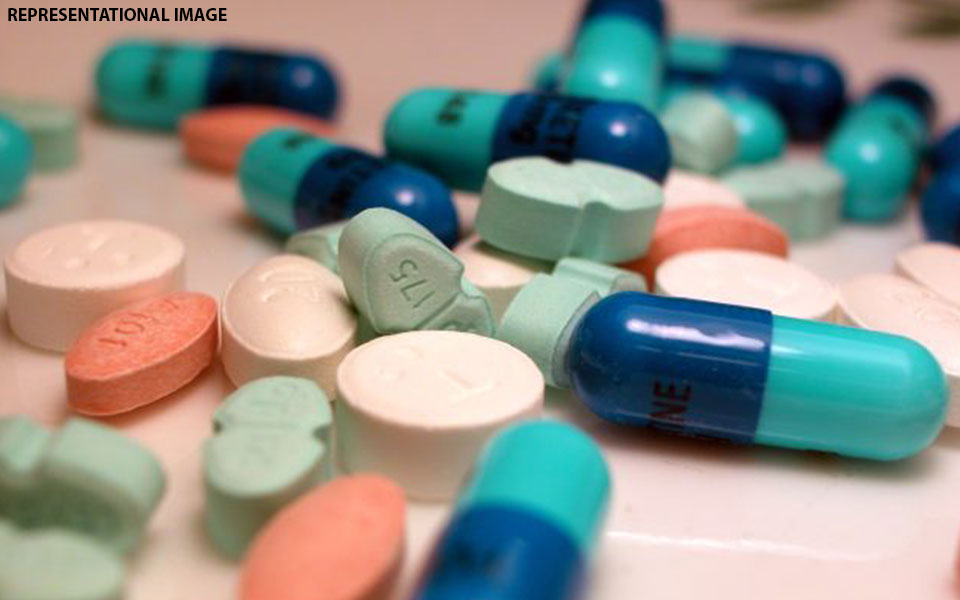London, May 13: Taking oral drugs daily can be an effective treatment for nearly 10 million cancer patients worldwide suffering from a deadly blood clot condition, results from a clinical trial have showed.
People with cancer have an increased risk of developing blood clots, with roughly one in five experiencing venous thromboembolism (VTE) -- either a blood clot in a deep vein or a condition in which one or more arteries in the lungs become blocked by a blood clot.
The results from the clinical trial called "select-d" suggested that prescribing the oral drug rivaroxaban significantly reduced VTE recurrence among patients with cancer.
"Clinicians were already adopting the oral drug into practice for non-cancer patients and now they have data from this study to indicate that this form of treatment is an alternative option for many cancer patients who have a clot," said lead author Annie Young, Professor at University of Warwick in the Britain.
Although there are many causes and risk factors for VTE, cancer patients are particularly at risk due to a combination of factors such as immobility, pancreatic and gastric tumours as well as chemotherapy, the researcher said.
For the "select-d" trial, researchers enrolled 406 patients who had cancer and VTE; most (69 per cent) were receiving cancer treatment (typically chemotherapy) at the time of their VTE.
Half were randomly assigned to receive low-molecular-weight heparin (dalteparin) and half were given the oral drug rivaroxaban. After six months of treatment, the VTE recurrence rate was four per cent among those taking the tablet and 11 per cent in those receiving dalteparin.
The results for secondary outcomes were mixed, the researcher said.
In patients receiving rivaroxaban, there were around the same percentage of major bleeding events (6 per cent) as those receiving dalteparin (4 per cent) but a marked and significant increase in clinically relevant non-major bleeds (13 per cent) with rivaroxaban compared to those having low molecular weight heparin (4 per cent).
The reason for increased bleeding is not known. It may be because rivaroxaban is more 'potent', the paper published in the Journal of Clinical Oncology said.
Let the Truth be known. If you read VB and like VB, please be a VB Supporter and Help us deliver the Truth to one and all.
Kalaburagi: Four men have been arrested in Kalaburagi on charge of hacking a man with lethal weapons and pelting stones at him under the limits of Station Bazaar Police Station recently.
According to police sources, Anand Jalak Shinde (34), Ashitosh Jalak Shinde (30), Imran Mehboob Sheikh (28) and Sohaib Anwar Qureshi have been arrested. The men are accused of the brutal murder of Syed Mehboob, a resident of Station Bazaar Upper Line Hamalawadi in the city.
An FIR was filed by the Station Bazaar Police Station based on a complaint given by Syed Ismail, father of the deceased Syed Mehboob.
Following quick probe, the police team successfully arrested the suspects within 24 hours. The arrested men were produced in court and have been sent to judicial custody.
The City Police Commissionerate has appreciated in an official release the police team’s quick solving of the murder case and arrest of the four men accused of murdering Syed Mehboob.





